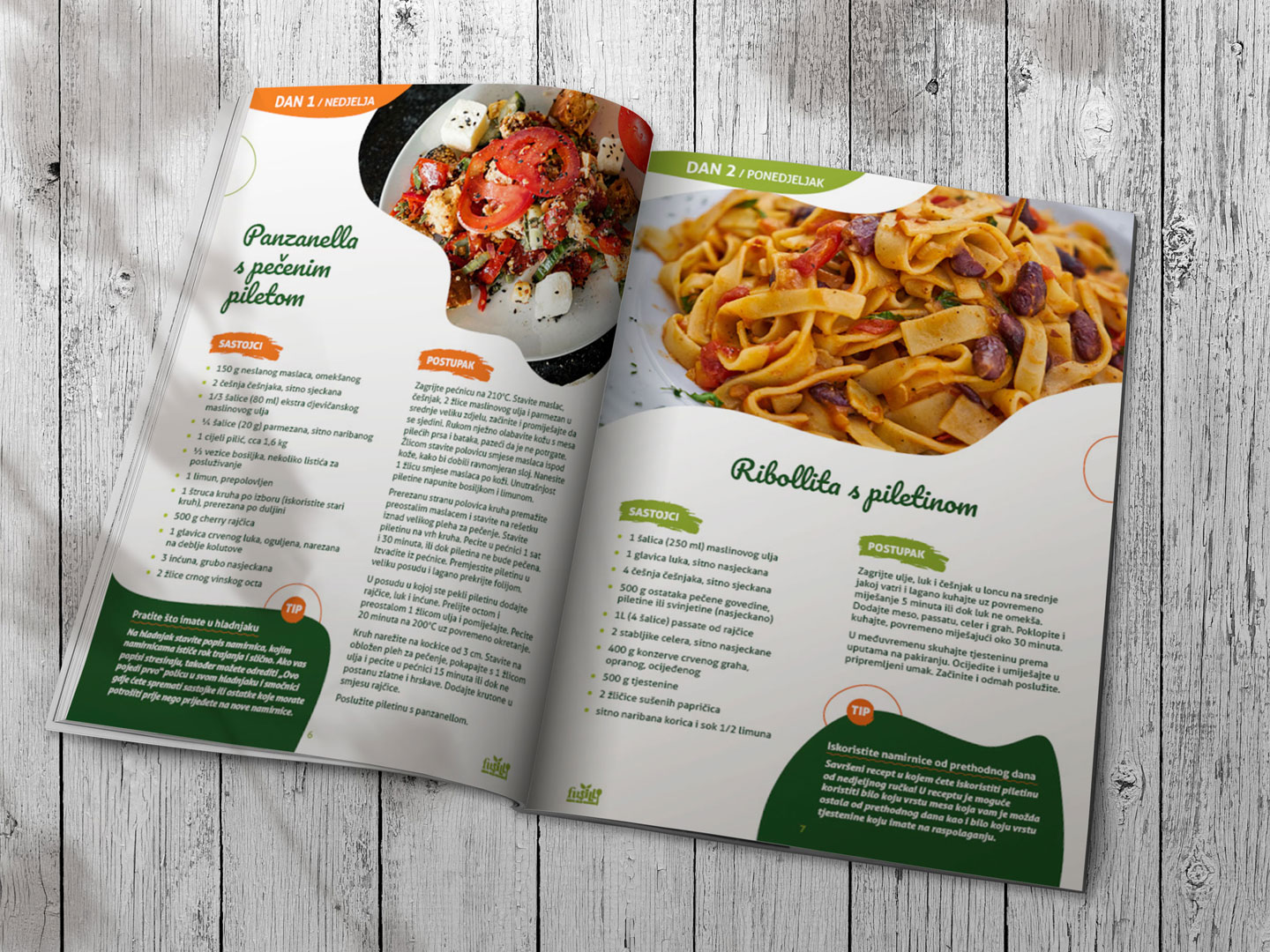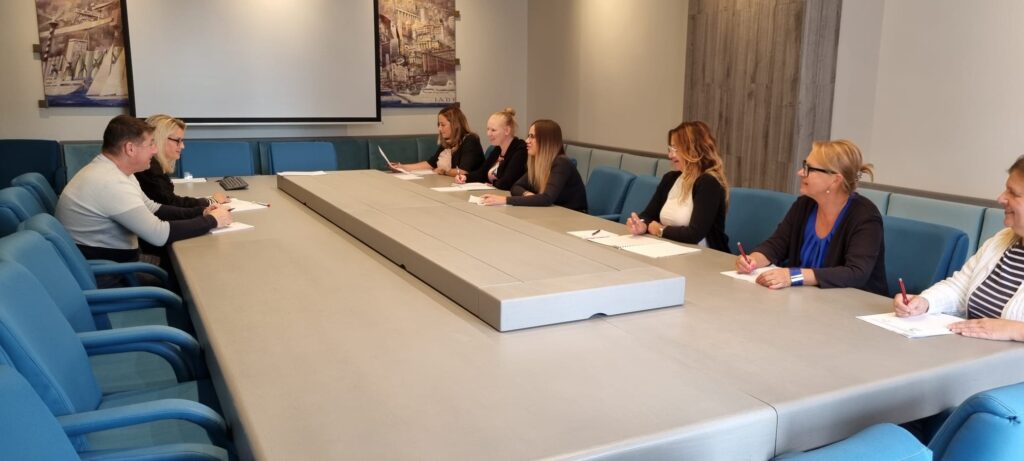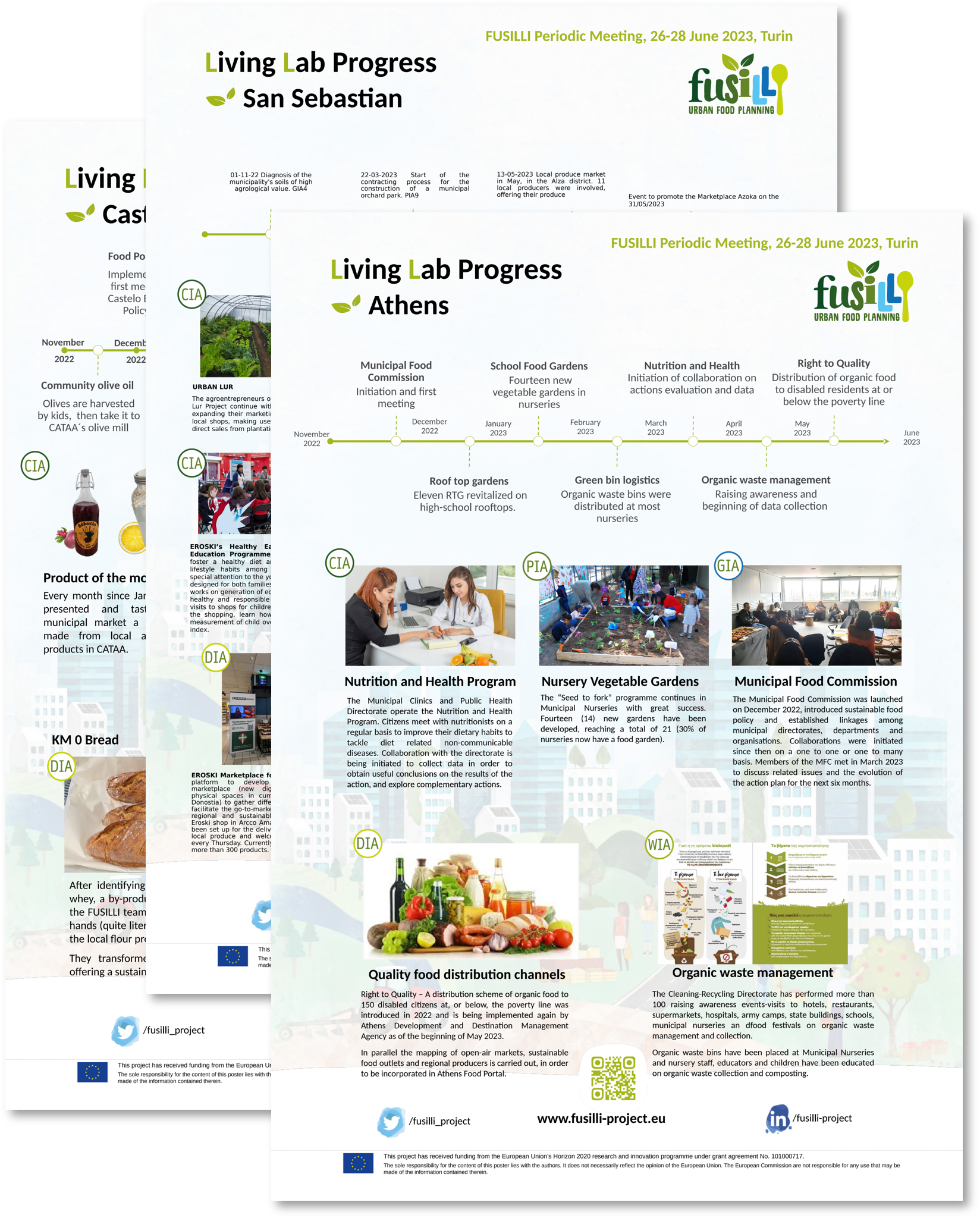Rijeka Living Lab Outcomes and Tools
The FUSILLI Rijeka Living Lab has developed various outcomes and tools over the 4 years of project life time between 2021-2024. These city specific Living Lab outcomes and tools can be found on this page
Rijeka's Roadmap
See their complete LL Roadmap
Rijeka's Evaluation of Innovative Actions
See the evaluation of their implemented actions defined in the action plan
Rijeka's Food Action Plan
Read their complete Urban Food Action Plan
Summary - Urban Food Action Plan - English
Read the LL's Urban Food Action Plan in English
Summary - Urban Food Action Plan - Croatian
Read the LL's Urban Food Action Plan in the local language
Rijeka’s highlight
Rijeka's Sustainable Cookbook is now available in English! Download now
Sustainable budget, sustainable flavours! Discover mouth-watering seasonal recipes and learn more on how to reduce your food waste: get tips & tricks for meal planning, proper vegetable storage, and creative ideas for reusing kitchen ingredients!
City of Rijeka is the third largest city in Croatia with the population of 128,624 inhabitants. It is located on Kvarner Bay, an inlet of the Adriatic Sea and situated on an area of 44 km². Rijeka is an industrial, administrative, cultural and university centre of the region which serves about 400,000 inhabitants.
Rijeka is the central place of cultural events in the Primorje-Gorski Kotar County, and with the title of European Capital of Culture it became national and the European Cultural Center in 2020, the European Capital of Culture emphasising on openness and inclusiveness and encouraging diversity as a key generator for the further development of the city. Rijeka is also a university city and an educational center in western Croatia with a social infrastructure that provides conditions for quality education and forms the foundations of quality social life and a prosperous standard of living.
Main objectives and planned implementations
- Main goals towards food system transformation: To improve existing activities and create a new strategic planning context to connect several actors and systematically solve problems in two areas: (1) Nutrition in kindergarten and schools; (2) Reduction and revalorisation of food loss and waste, in a circular economy approach in all steps of the food system, including redistribution of surplus food to avoid waste.
- Implementation will be linked to two facts: responsibility for implementation and already existing bases for implementation (improvement, enlargement and innovation).
- Nutrition in schools and kindergartens (the City is the founder) in which, besides nutrition, education, workshops and living labs for children related to healthy diets will be provided.
- In the field of circularity work will be done to improve and expand activities in the area of waste management and waste separation related to food.
- Promotion of healthy living habits and environmental responsibilities.
- Defining of the Urban Food Plan.
- Knowledge sharing and learning.




